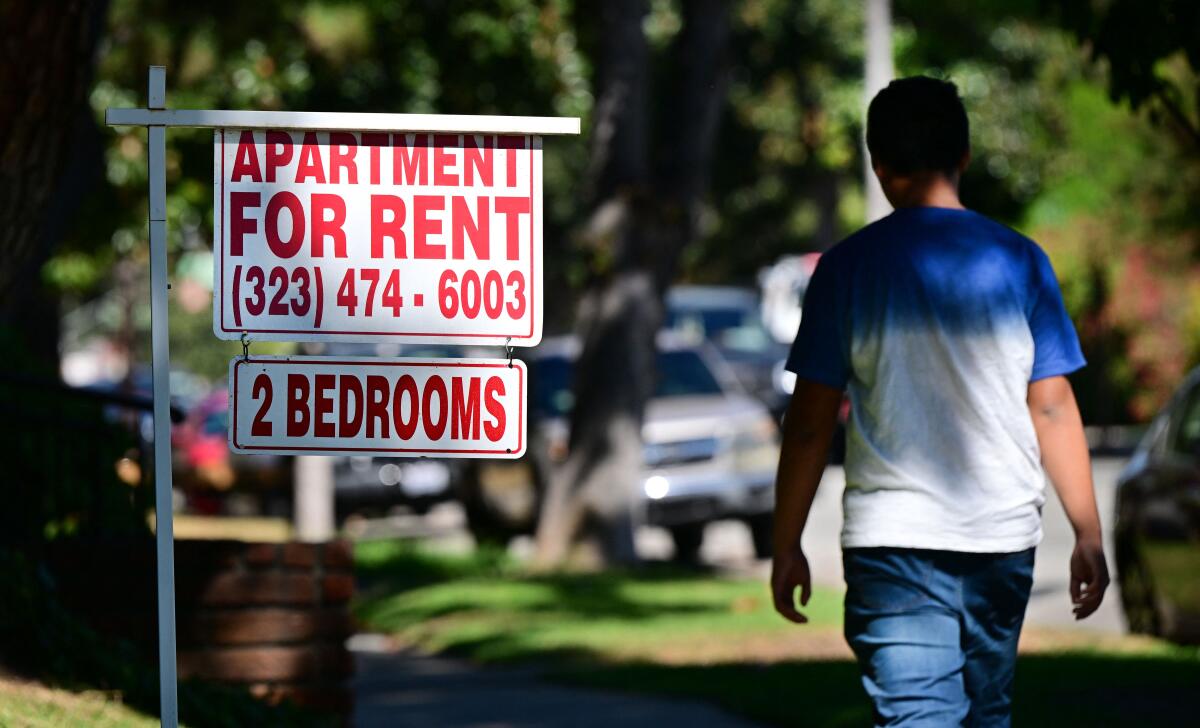
To the editor: After reading your editorial on a new rent-control proposal in the city of Los Angeles , I remain convinced that the City Council, the mayor and the Housing Department do not get it. The editorial outlined how revisions in the rent control law would lower the ability for landlords to increase rent as compared to the current law. I was one of the mom-and-pop landlords who tried to do the right thing and had long-term tenants.
Our rents were ridiculously low. During the COVID-19 pandemic, we went without a rent increase for four and half years while inflation skyrocketed. After 80 years of owning in our family, my brother and I sold the apartment building this year, as owning it made little financial sense.

These draconian rent control policies are forcing out landlords who want to do the right thing by their tenants and can no longer afford to do so. The result will be rent-controlled apartments in Los Angeles becoming more outdated and in disrepair, or landlords doing unscrupulous things to force their tenants to leave. Gail Feuerstein, Irvine .
. To the editor: Fortunately, Los Angeles has long been a city with a rent control policy, which is intended to ensure that residents who have worked and lived in a community for years or decades can remain in that community, rather than the rented home they live in going out to the highest bidder every year. That said, landlords do need to receive incremental rent increases from existing tenants each year to pay for escalating costs of maintenance and management.
Recent allowable annual rent increases for apartments built before Oct. 1, 1978, have been around 3%. However, rent increases were not allowed during the pandemic.
As the impact of the pandemic subsided, somewhat higher rent increases of 4% were allowed in 2024, presumably to partially offset the prior rent freeze. A long-term limit of 3% appears reasonable, as landlords can charge higher market rents when tenants eventually move out — so annual overall rent increases for an apartment complex should average more than 3%. I would hope most investors purchasing apartments are in it for the long term and not to make a killing in a year or two.
Ken Hense, Los Angeles.















